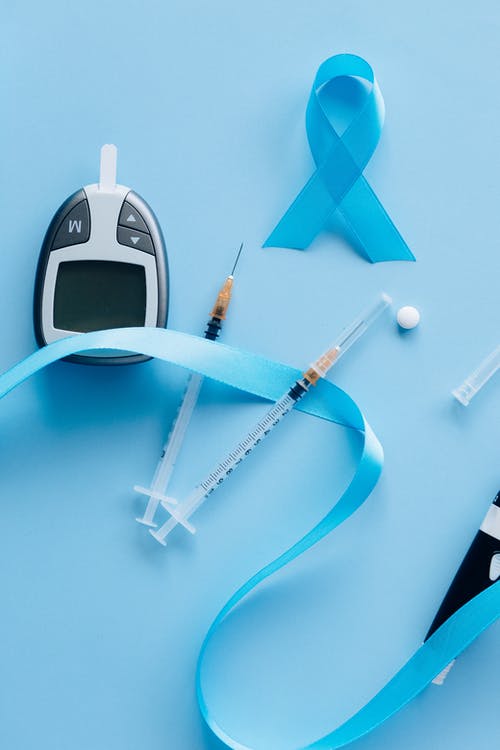Cannabis use should be suspected in cases of ketoacidosis and frequent vomiting and abdominal pain.
Researchers are suggesting that cannabis use is an important consideration for anyone showing signs of diabetic ketoacidosis (DKA) but has high pH and bicarbonate levels as this may be indicative of cannabis hyperemesis syndrome (CHS). CHS has been found recently chronic, heavy cannabis users, and researchers believe it occurs due to a “slowing of gastric motility,” which causes morning vomiting and abdominal pain. Sometimes this pain can be alleviated with showering. The findings were published in the December 8 online version of Diabetes Care.
In people with type 1 diabetes, the vomiting can cause ketosis and high blood sugar (hyperglycemia), which differs from traditional DKA, where hyperglycemia is caused by insulin deficiency, and this occurs before ketoacidosis.
Symptoms are identical in both conditions, and both will have high ketonemia, the team reports, as “measured by serum hydroxybutyrate and elevated anion gap.” However, they suggest, while “DKA diagnostic criteria include arterial pH < 7.3 and bicarbonate < 15 mmol/L, this new study found that in more than 90% of cases, cannabis users presented with a pH ≥ 7.4 and bicarbonate > 15 mmol/L.”

“Patients presenting with DKA and unusual acid-base disorder should be evaluated for cannabis use,” emphasized lead author Halis Kaan Akturk, MD, who suggests that a urine screen for cannabis be done, as well as asking patients about their use. In acute management, he says, “insulin and fluids are needed to close the high anion gap, the long-term prognosis for this CHS differs because the patient is likely to return to the emergency department unless they cut their cannabis use.”
Akturk, of the Barbara Davis Center for Diabetes, University of Colorado, Aurora, and colleagues published the article. The team proposed a new name for this called “hyperglycemic ketosis due to cannabis hyperemesis syndrome (HK-CHS).” They concluded, “Cannabis use was associated with an increased risk for DKA among adults in the T1DX. Providers should inform their patients of the potential risk of DKA with cannabis use.”
“Because of the CHS they are vomiting a lot and have nausea all the time. We believe that in these people the gut is slowing down and that’s why they’re getting more alkalosis,” Akturk explained. “So, the question is should we call this DKA or not? It’s not acidosis, so it’s something other than DKA. We wanted to give it a different name.” He added that the condition can be life-threatening.
“Beta-hydroxybutyrate is high, anion gap is high,” he said. “These patients are very sick. Don’t just focus on pH and bicarbonate to triage cannabis users with type 1 diabetes presenting with DKA. Vomiting associated with CHS adds a metabolic alkalosis as a huge compensation here, [and] mostly metabolic alkalosis is the main problem. Be careful about this.”
In 2018, the team found that approximately “30% of their 450 adult patients with type 1 diabetes reported cannabis use, “and this nearly doubled the risk of DKA risk compared with non-users.


Join the conversation!